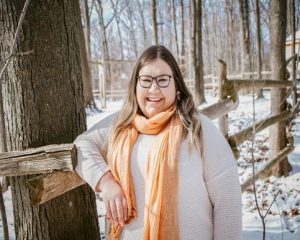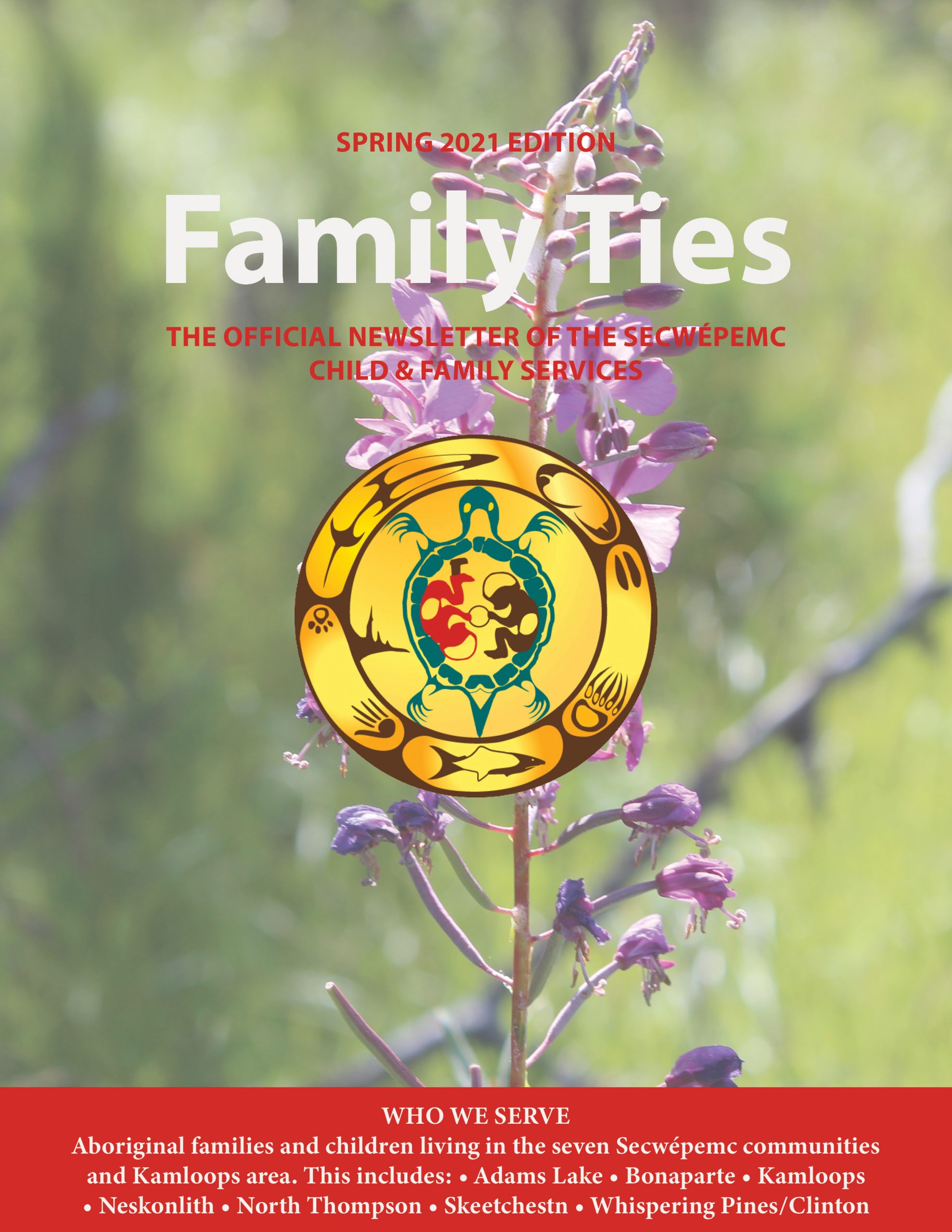Q: What brought you to the agency?
 A: Honestly, it was my dream to live in British Columbia. I worked in Jasper National Park (as part of an Indigenous interpretive team for Parks Canada) for four years and it really enticed me and my soul, being this First Nations woman living on reserve, coming from a small community. I was always told by my parents to leave the reserve and get as much opportunity as I can.
A: Honestly, it was my dream to live in British Columbia. I worked in Jasper National Park (as part of an Indigenous interpretive team for Parks Canada) for four years and it really enticed me and my soul, being this First Nations woman living on reserve, coming from a small community. I was always told by my parents to leave the reserve and get as much opportunity as I can.
My biggest thing is that it’s really important for me to have young people in these types of roles. It’s really important to create space, and take up space, for young people. And being vocal about it.
One of the other reasons why I took this opportunity is that I have younger cousins who look up to me and I have a community that’s looking up to me. It’s really important to be a role model for my community, to be proud of the community that I come from, too.
Q: Tell us a bit about your background
A: My community, Shawanaga First Nation, Ojibway territory, is located two-and-a half hours north of Toronto, along Georgian Bay. We only have roughly about 600 people registered for the community, and only 200 live on reserve, so it’s a pretty-knit tight community. One of the famous things that we’re known for is Francis Pegahmagabow (the most highly decorated Indigenous soldier in Canadian military history and the most effective sniper of the First World War).
In some of my previous work prior to coming to the agency, I was employed with the Chiefs of Ontario, working with a political advocacy body. I worked with indigenous youth 18 to 29 around suicide, life promotion, mental health.
It really all stemmed from me being a part of my community Youth Council, that’s how I got to where I am today — being involved from the local level. And then I started making connections, I have really good relationships with a lot of the chiefs back in Ontario. So it’s like my network has been expanding. And that’s one key thing why I wanted to come to B.C., is because networking and relationship-building are important. So when it is time for me to go home back to Ontario, let’s say I’m working in my community, then I could be like, ‘Oh, let me call this person in Kamloops. Because I know they know that they have more information or maybe help support my community in this initiative.’
Q: Who inspired you on your journey?
A: My grandfather on my mother’s side, Roger Jones, was a well-respected elder back in Ontario. He did tremendous work with the homeless population. My grandmother, his wife, was part of the Indian day school. What I can recall as a child was living at my grandparents house every other weekend or every weekend, so for me, I really grew up obtaining that older soul.
In terms like of leadership, it was my Uncle Howard. When I was younger, just before our national Aboriginal Day, I went to go see him. He was just newly elected chief and I was about 10 years old, and I wanted to have fireworks on Aboriginal Day. So I asked him, and he said, ‘No problem, Tristen.’
So so the next day comes along and we received word that he had a massive heart attack, and he passed away. So, of course, we didn’t celebrate Aboriginal Day, but a couple of weeks passed and we went into a big lodge, which fits about 50 people, and we were doing a ceremony for him. At the end of the ceremony, an elder mentions that Howard said that he had something to do before he went, he said that somebody wanted fireworks. So we went outside of the lodge, and what I remembered is that they set off fireworks, and I started crying because even though he wasn’t there, he made that promise to me. So by showing that example of leadership, that helped guide me in some of the work I did, and just how strong the connection I have to my community and how strong the connection I have to my homeland.
Q: What do you like most about your job as community liaison?
A: What I like most about the job is really understanding what a community liaison is, in particular, understanding the Prevention contracts, because this is a completely new playing field for myself. One thing in particular, is really learning child welfare. And one thing I’m really thankful for is being a part of the Simpcw jurisdiction process, because I get to see how they’re going to be creating their own child welfare jurisdiction for their community. What I really do appreciate, though, it’s just being in a different nation, and learning how the people work.


